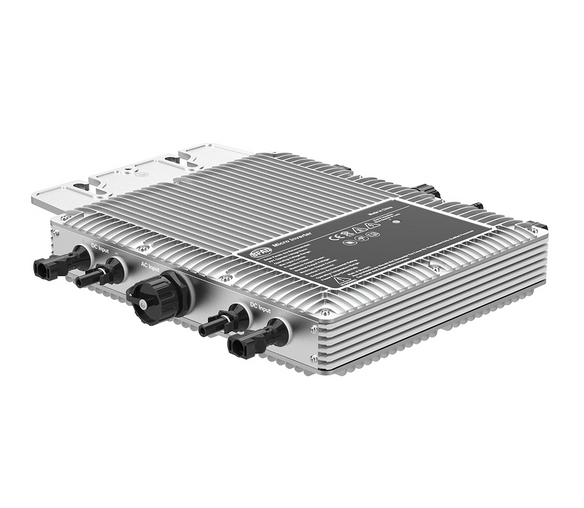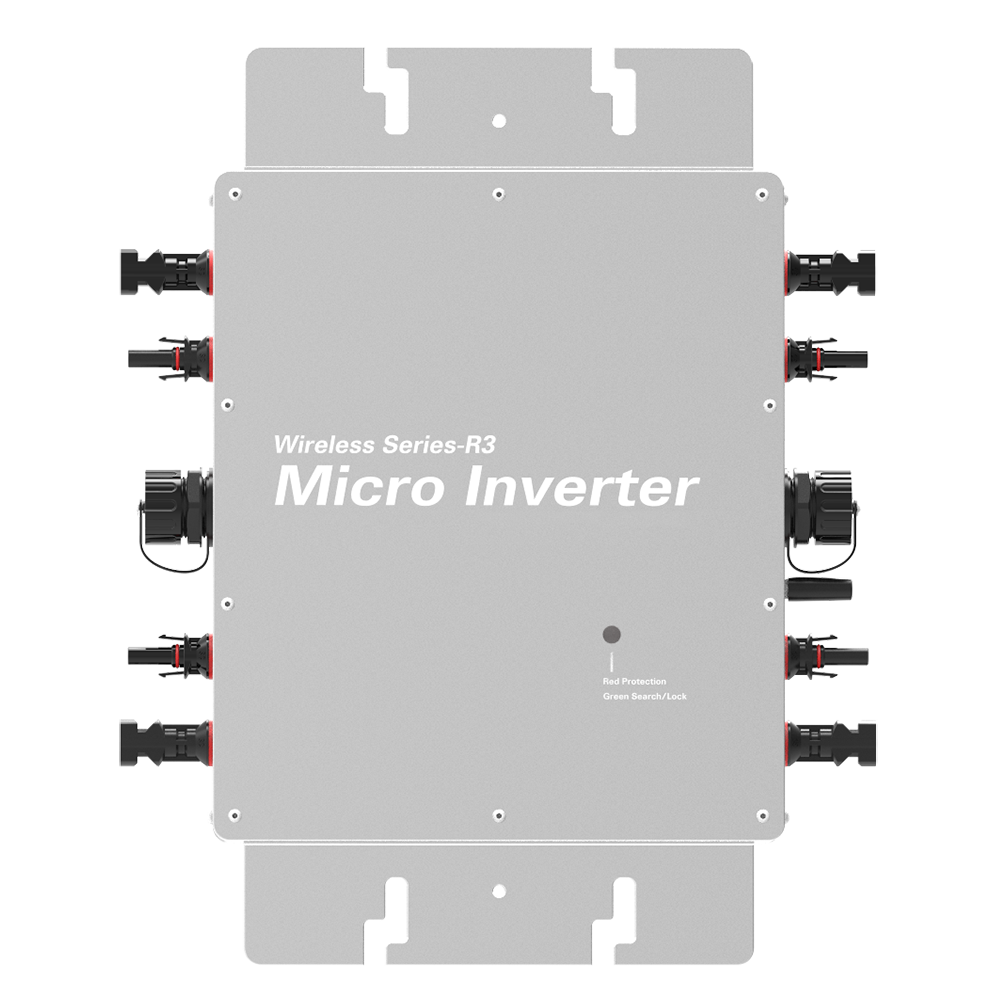Intelligent Inverter Load Management is an innovative solution that is revolutionizing the way we manage energy consumption in residential and commercial buildings. With the increasing demand for renewable energy sources such as solar power, wind power, and hydroelectric power, there is a growing need for efficient management of these energy sources to ensure optimal utilization and minimize wastage.
Intelligent inverter load management systems are designed to intelligently monitor and control the flow of energy in a building by dynamically adjusting the power output of inverters in response to changes in energy demand and supply. This allows for better utilization of renewable energy sources, reduces the reliance on traditional fossil fuels, and ultimately leads to cost savings for consumers.
One of the key advantages of intelligent inverter load management is its ability to prioritize energy consumption based on preset criteria such as time-of-use tariffs, peak demand periods, or user preferences. This enables the system to automatically adjust the energy flow to match the building's energy needs, thus optimizing energy usage and reducing electricity bills.
Furthermore, intelligent inverter load management systems can also be integrated with smart meters and home automation systems to provide real-time monitoring and control of energy consumption. This allows users to track their energy usage, set energy-saving preferences, and even remotely manage their energy consumption through a mobile app or web interface.
In addition to optimizing energy consumption, intelligent inverter load management systems also play a crucial role in enhancing the stability and reliability of the grid. By dynamically adjusting the power output of inverters in response to grid conditions, these systems help to prevent grid congestion, reduce the risk of blackouts, and improve the overall efficiency of the grid.
Overall, intelligent inverter load management is a key technology that is shaping the future of energy management in buildings. By providing a smarter and more efficient way to manage energy consumption, these systems are helping to reduce our dependence on fossil fuels, promote the use of renewable energy sources, and create a more sustainable energy future for all.




